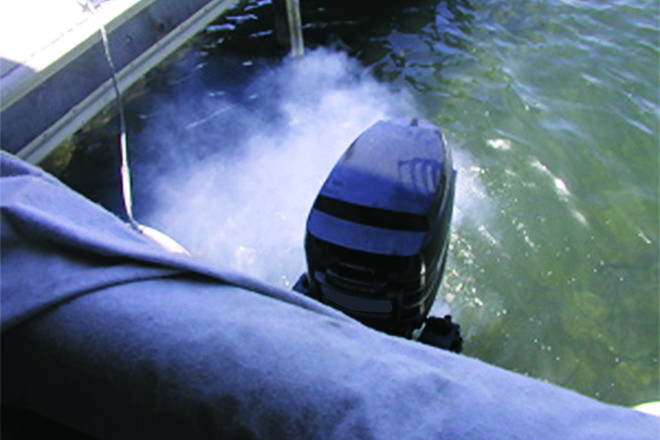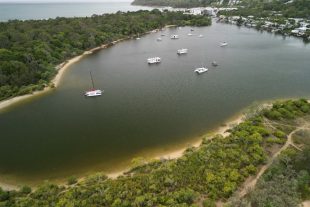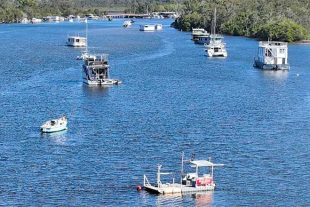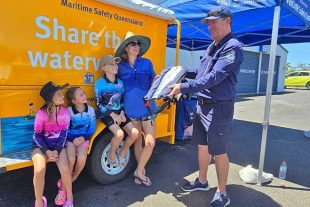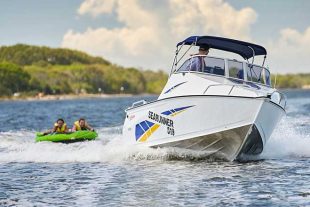THE Australian Government recently introduced new legislation to help improve Australia’s air quality.
The Product Emissions Standards Bill will allow new product emissions standards to be established on small spark engines (non-road), bringing Australia into line with the US, Canada and Europe. Currently, emissions from these engines are not regulated in Australia, leaving Australia as a dumping ground for less-efficient products that cannot be sold in other countries.
The standards will be phased in over two years and reduce noxious air pollution from petrol-powered outdoor equipment and marine outboards that release high amounts of harmful air pollutants. For example, a two-stroke leaf blower can produce the same number of hydrocarbons as 150 cars, while on summer weekends in cities where the use of garden equipment is high, small petrol engines can contribute up to 10 percent of air pollution.
Following extensive consultation with key stakeholders, the new emissions standards will strengthen Australia’s capacity to manage air quality nationally and deliver an estimated $1.72 billion in avoided health costs over a 20-year period. The Government is also providing $1 million in funding to support surf life saving clubs upgrading to cleaner outboard engines that meet the new emissions standards.
The Department of the Environment and Energy has partnered with Surf Life Saving Australia to deliver grants of up to $1000 per clean outboard engine over the next four years to support this important organisation and its clubs across Australia.
New legislation to improve air quality
Environment Minister Josh Frydenberg recently tabled the Product Emissions Standards Bill that will bring Australia in line with world emissions standards for small engines from outboards to lawnmowers. In the marine segment, the laws will cover any petrol spark ignition engine including outboards, inboards and personal watercraft.
Other small engines such as lawnmowers and chainsaws are also covered under the Bill. The Bill is planned to progress through Parliament over coming months, with both the Bill and detailed rules becoming law by December. There won’t be an immediate start, and instead industry will have until June 20, 2018 to cease imports and a further year to clear stocks.
Cross industry Blue Sky Alliance chair Gary Fooks said, “The information paper published last December spelled out the details and timing so industry could get ready.” “This means industry has had 30 months to finish up the sales of high-emission engines.”
The Australian standards will be based on the US EPA rules but to make it easier for importers, outboards with certification in the US, EU, Canada and California (CARB) will all pass. In practice, all four-strokes and modern direct-injection engines such as Evinrude’s E-TEC will pass. Carburetted two-strokes have much higher emissions, not just 20 or 30 percent more but 11 times on average.
Exemptions for small engines was never an idea that would carry water.
“With a carby 8hp two-stroke pushing out 59 percent more emissions per hour than a 150hp four-stroke, exemptions were never viable,” Fooks said. “To be fair, these emissions standards will also target mowers, generators, chainsaws and brushcutters – all below 25hp.”
David Heyes of BRP said, “The industry is moving quickly in providing consumers with specialised needs, for example, BRP has developed an outboard for Surf Life Saving Australia.”
“Based on the Evinrude military outboard, it provides superior service and lower TCOA while exceeding emissions standards.”
 Bush ‘n Beach Fishing Magazine Location reports & tips for fishing, boating, camping, kayaking, 4WDing in Queensland and Northern NSW
Bush ‘n Beach Fishing Magazine Location reports & tips for fishing, boating, camping, kayaking, 4WDing in Queensland and Northern NSW

